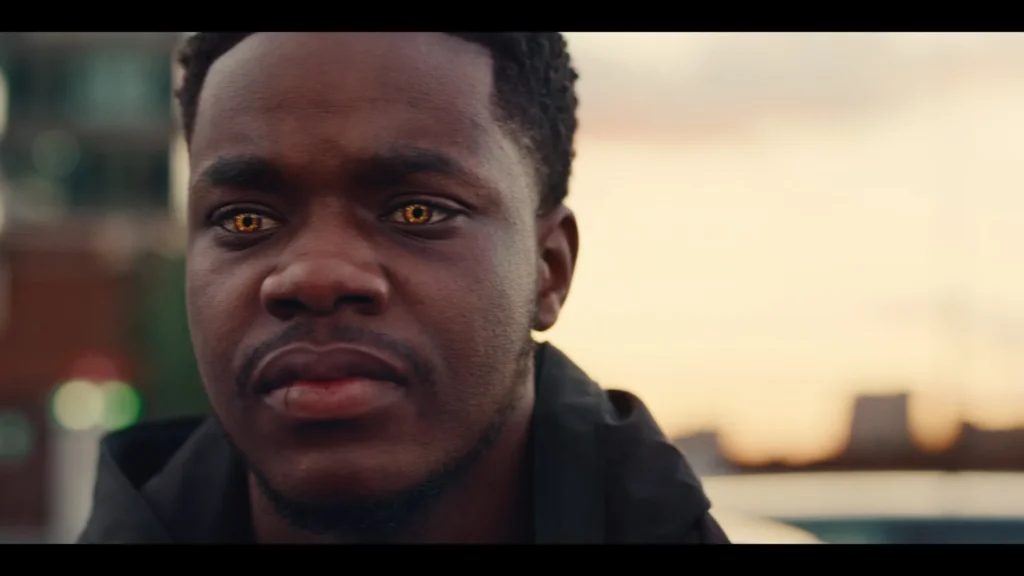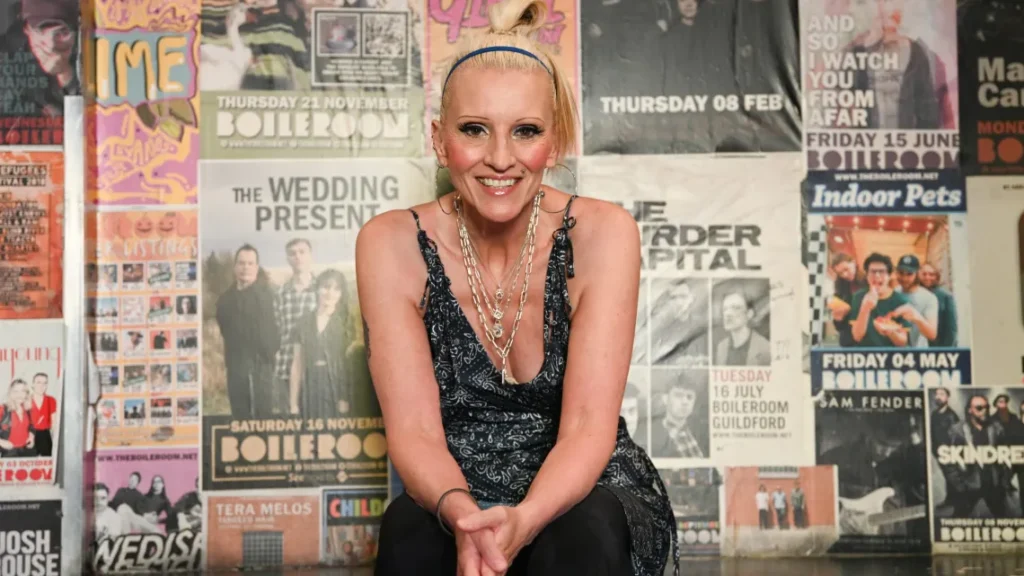The Netflix series “Supacell” is an international series about five Londoners who suddenly acquire superhuman powers. The sci-fi series struck a chord worldwide with its themes based heavily on the Black experience in London. Each of the five main characters, their lives, backstories, and powers form small representations of Black culture across the globe. In Supacell, the superhero trope is a cinematic disguise for a serious discussion of how universal the Black experience truly is.

Supacell focuses on five primary characters—Micheal, Rodney, Andre, Sabrina, and Tazer–from different backgrounds and parts of London. Micheal (Tosin Cole) is a delivery driver who is cheerful, pleasant, and intent on marrying his girlfriend Dionne (Adelayo Adedayo). Andre (Eric Kofi-Abrefa) is a convicted criminal who is newly out of incarceration and trying to rebuild his life. This includes rebuilding a relationship with his son. Tazer (Josh Tedeku) is gang-affiliated and lives a life of violence by a deadly street code. Sabrina (Nadine Mills) is a nurse who cares for everyone around her, on or off the clock. This includes her trouble-prone best friend Sharleen (Rayxia Ojo). Rodney (Calvin Demba) is a marijuana dealer trying to have fun and make a little money.
The series follows these characters as they go about their daily lives, living like anyone else in the city, when a power is activated. There is a side storyline of a nefarious lab/prison in an undisclosed area. A woman, Victoria Kresh (Sion Brooke), tries to escape and is shot. Her body is dragged down a hall lined with glass cells holding black people of various ages, genders, and skin tones. Kresh runs the entire operation; they call her “Boss.” The two stories merge slowly as the woman sends people to neutralize and then capture the five newly powered people. However, the group is not going down without a fight.
Each character and their story in Supacell define the expression “Blackness is not a monolith.” Their backgrounds are so diverse that all five members do not come together during much of the series. However, early on, Micheal sees that they must do so to fight an evil entity that will devastate London in the future. To fight the evil, the quintet must combine their powers.
The powers are also a significant representation in the series. Each power is directly tied to the Black experience, particularly Black cultures in nations dominated by white people. For example, all of the powers are tied to the sickle cell anemia trait, which only people of African descent carry. The powers of each character are activated by a scenario familiar to the Black experience no matter where you go.
Sabrina’s story offers another example. She is a Black woman who first taps her powers to protect Sharleen from a potential domestic violence incident. A 2022 study by the Institute of Women’s Policy Research found that 40 % of all Black women are likely to experience domestic violence. That number is much lower for women of all races at 31% of all women who experience domestic violence. Sabrina can move people and objects with her mind. It’s a power that would protect real Black women like Sharleen.
Another example is Tazer. He represents a gang-affiliated Black man who is feared but also overlooked by the societies they live in. Tazer’s power is invisibility, which he wields to fight rival gang members and evade police.
Rodney’s power is super speed, Michael’s is time manipulation and time travel, and Andre is abnormally strong. All three of these are powers that play off of traditional stereotypes about Black men. The idea that Black men are weak, lazy, and incompetent. Andre’s power, in particular, invokes the African-American mandingo stereotype, specifically, a man who is not intelligent or untrustworthy but is Black strong, and hypersexual.
The powers, the character backstories, and side stories feed into Supacell’s uncanny ability to depict universal elements of the Black experience onscreen. There are elements of Black culture from the Caribbean in the slang used by Tazer’s gang. Dionne is a social worker looking for a missing girl whose parents are of Caribbean descent. There is even a chanting of the internationally known hip-hop mantra “money, power, respect” in an episode. Rodney’s struggle with his biracial heritage is another storyline that has struck a chord with international audiences.
In many novel ways, Supacell harnesses the elements of sci-fi to engage audiences of all backgrounds in a low-key education on the universal aspects of Black culture. The brilliant writing, talented casting, and stellar direction make Supacell more than effective in delivery. It all comes together to make a powerhouse of a series that already has Netflix subscribers calling for Season Two.






